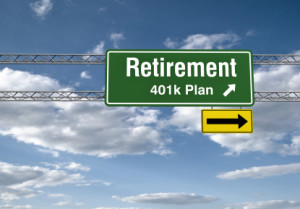 Today’s top story: Your 401(k) match may be in jeopardy. Here’s what you should do. Also in the news: What happens to your travel rewards if your airline goes bankrupt, how to upgrade your old car with new tech, and why your student loan Coronavirus forbearance is messing up your credit report.
Today’s top story: Your 401(k) match may be in jeopardy. Here’s what you should do. Also in the news: What happens to your travel rewards if your airline goes bankrupt, how to upgrade your old car with new tech, and why your student loan Coronavirus forbearance is messing up your credit report.
Your 401(k) match may be in jeopardy. Here’s what you should do
Steps to take right now.
Airlines are on the brink of bankruptcy — what happens to your voucher, travel miles and airline credit card if they go belly up?
No guarantee of a refund,
Upgrade Your Old Car With New-Car Tech
You can get rid of those 8-track tapes.
Why Your Student Loan Coronavirus Forbearance Is Messing Up Your Credit Report
Scores are dropping as much as 50 points.
 Today’s top story: Cashing out 401(k) due to COVID-19? Consider these things first. Also in the news: How one man paid off almost $37,000 of debt, what you need to know about COVID-19 and life insurance, and removing late payments from your credit report with a goodwill letter.
Today’s top story: Cashing out 401(k) due to COVID-19? Consider these things first. Also in the news: How one man paid off almost $37,000 of debt, what you need to know about COVID-19 and life insurance, and removing late payments from your credit report with a goodwill letter. Today’s top story: How to get traction paying off your credit cards in 2020. Also in the news: 8 moves to consider for IRAs and 401(k)s under the new Secure Act, using points and miles for wedding travel, and the 5 best states for retirees in 2020.
Today’s top story: How to get traction paying off your credit cards in 2020. Also in the news: 8 moves to consider for IRAs and 401(k)s under the new Secure Act, using points and miles for wedding travel, and the 5 best states for retirees in 2020.